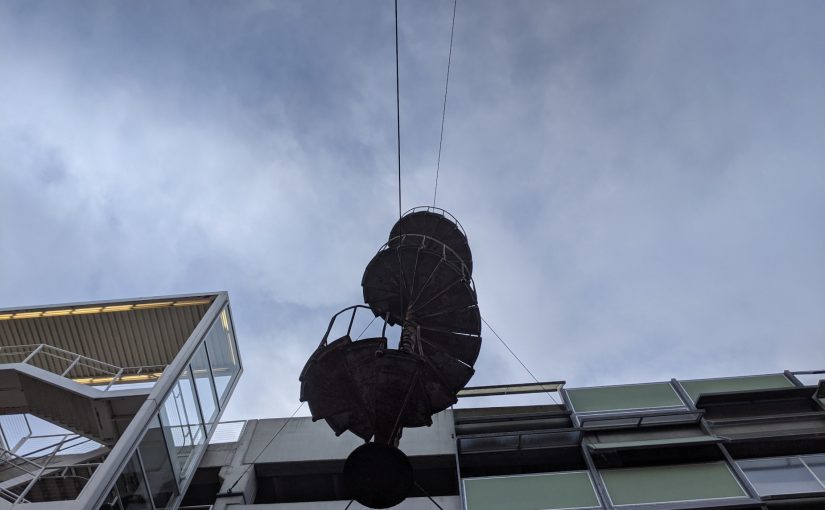Even if I knew that tomorrow the world would go to pieces, I would still plant my apple tree.
-Martin Luther
While checking one of my WordPress sites I noticed an update for one of my favorite plug-ins, The Events Calendar. Everything was broken after the update so I when to the support site to get things running. Long story short, I got the site working again based on the support recommendations they had but regardless, some functionality was still missing. The reason for this was related to a huge shift in the underlying focus of the WordPress post design.
the issue you state about other plugins integrating has more to do with WordPress being in a period of flux between having everything be either posts or in its own table and authors fully adopting custom post types. The core WordPress team is placing a heavy emphasis on CPTs and most major plugin authors are moving over… As more and more plugins make the move, the integration you want to see will return in a much more powerful and controlled manner.
–Shane Pearlman
The Events Calendar has converted over to a new design method called Custom Post Types (CPT) whereby individual modules can define their own post “types” instead of adding functionality to default post type already available in WordPress.
This drew my attention because the new version of The Event Calendar provides a “Professional” version, with more functionality, that can be purchased. I haven’t actually seen much software in the WordPress universe that followed this model (and I don’t believe The Event Calendar did until this new update occurred.)
My concerns were confirmed with some web searching:
Custom post types aren’t really meant for that use [¦] Custom post types are great for things that are more or less catalogued: products (in an e-commerce site), listings for a real estate site, etc. For regular content creation as described [by Chris], you can already do [that] by using custom taxonomies and/or stylesheets to make post templates.
Some part of the WordPress team has been pushing these these CPT’s and it looks like they have been doing it primarily to capitalize on the success of a Free Software program. I suspect that most developers who are interested in focusing on this kind of feature set are probably not Free Software developers but are, instead, quasi-open source developers running Macs who would be making iPhone apps if they knew something more useful than PHP.
This kind of monetizing has become massively popular with the success of Apple’s App Store and Google’s Market. A significant number of developers who have built very popular software stacks on top of Open Source applications are looking for ways to turn that work into cash flow, and I don’t blame them. That said…
…I really don’t like something about it. Maybe it is because I left a “free” blog application because it stopped being free (I learned a valuable lesson between Free Software and free software and I still have a bad taste in my mouth about it.) Maybe it is because I have actually contributed work to a number of WordPress plug-ins and would NOT have done so if I had known my efforts were going to help someone else make money. Maybe it is because the new version of The Events Calendar actually broke a lot of functionality in the name of changing their platform model to a for-profit design and now I have to use an unsupported version of the software until I find another or I write one myself.
Whatever the reason, Open Source software is loosing something of itself if this is actually the intent of their focus, and we are all the less because of it.







